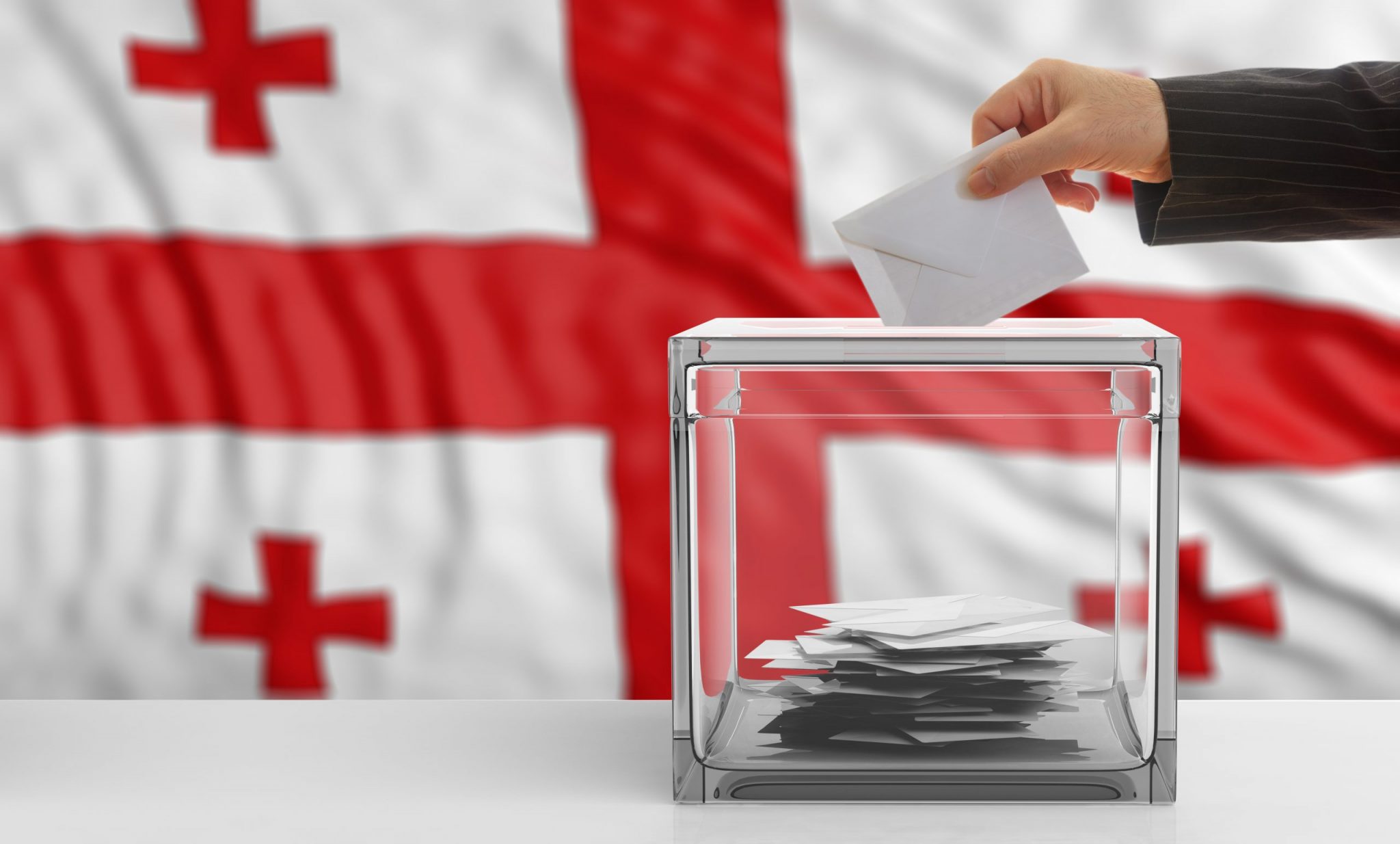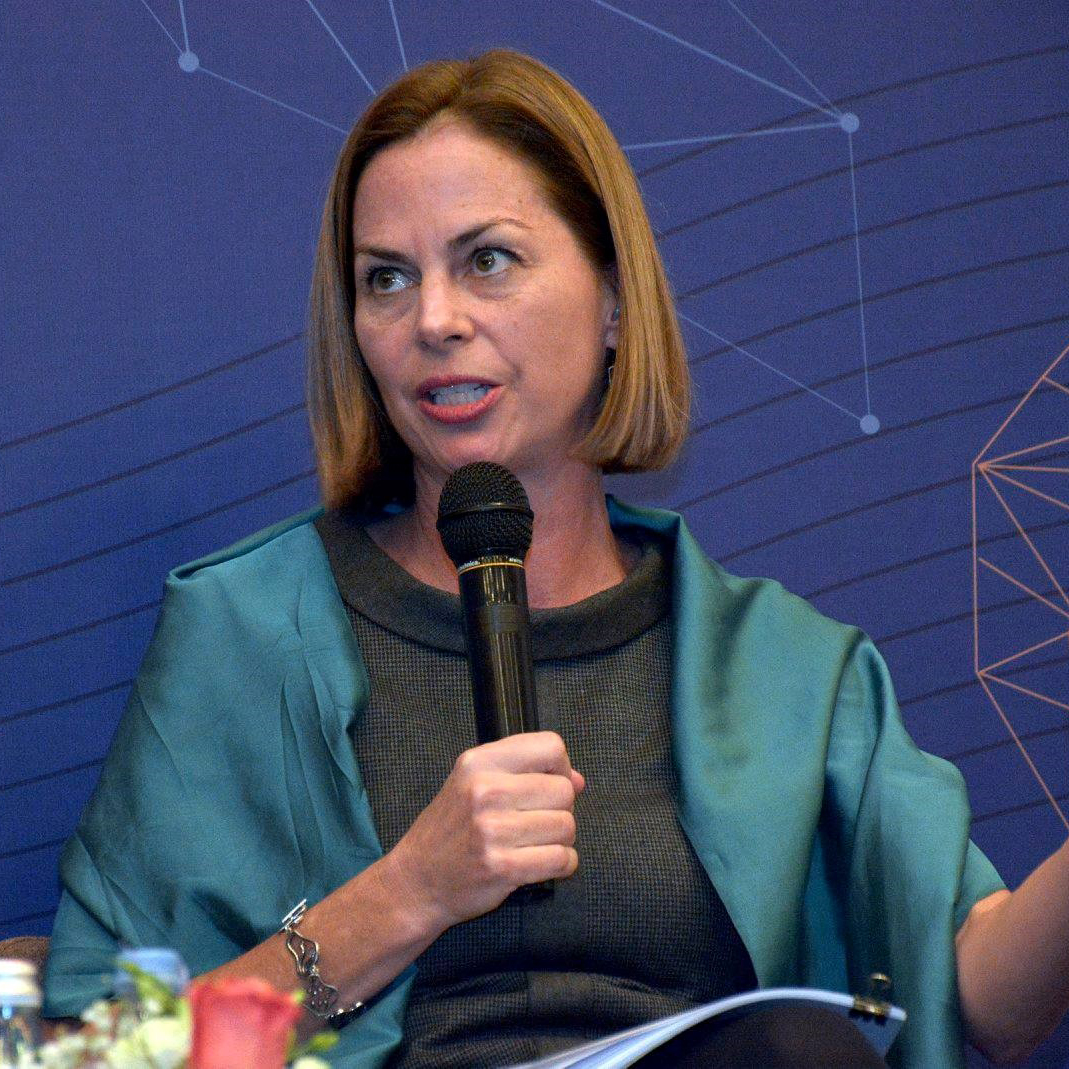Georgia’s local elections scheduled for October represent more than choosing important mayoral and sakrebulo (local council) positions. The political stakes are higher, than what the local elections usually entail. Based on the EU-negotiated agreement between the ruling Georgian Dream (GD) party and the political opposition following the political crisis in the Spring, GD must clear 43 percent of the vote in order to avoid early national parliamentary elections. Though GD has since reneged on this agreement, it has also maintained that it will “win far more than 43 percent” (according to GD Party Leader Irakli Kobakhidze) presenting a lack of clarity about whether early elections would indeed be honored should GD fail to gain the needed share of the vote.
Second, and perhaps more importantly, they are high stakes for election integrity. Georgia has the unfortunate distinction of having one of the worst COVID-19 outbreaks in the world. Although the country is making progress on vaccinations, and holding regular elections is an important feature of democracies, it can also be democratic to postpone in-person elections during a dangerous health crisis. As some opposition, civic groups, and other leaders, such as the Ombudsperson, call for postponement of the country’s upcoming elections, Georgia should consider looking at other countries that have confronted similar choices.


